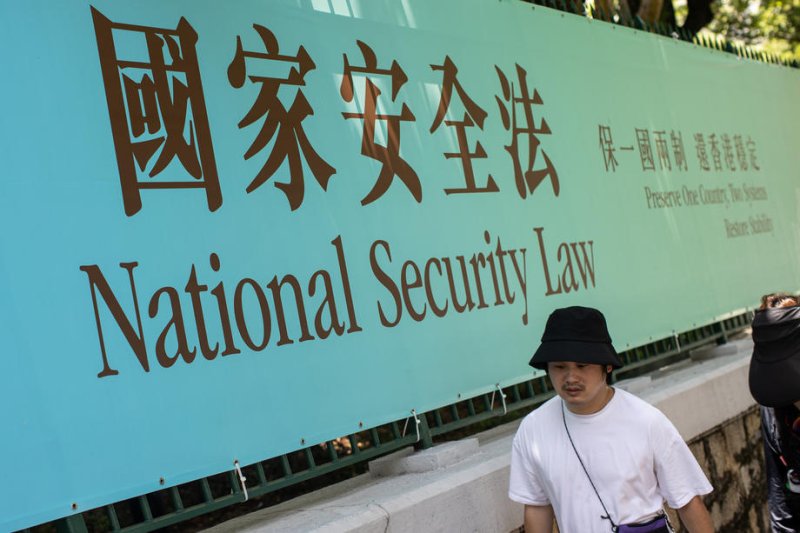David Browne
Rolling Stone


© CBS/Getty Images COMMERCIAL WOODY
Woody Guthrie, the singer, songwriter and writer who spoke truth to power decades before the phrase was invented, was long known to take a political stand. Now, 55 years after his death, he’s still doing just that. As part of a new exhibit of his life and work, he’s joined the list of musicians unhappy with Spotify in light of the company’s affiliation with Joe Rogan’s podcast and his Covid-related opinions and comments.
“Woody Guthrie: The People Are the Song,” on display through May at New York’s Morgan Library and Museum, chronicles Guthrie’s career by way of photos, song lyrics, journals, clothing, instruments and other mementos. An audio guide features narration by Steve Earle — and will also soon include recordings of several dozen of Guthrie’s songs, so museum visitors will be able to listen as they read the lyrics on display around the exhibit.
Woody Guthrie, the singer, songwriter and writer who spoke truth to power decades before the phrase was invented, was long known to take a political stand. Now, 55 years after his death, he’s still doing just that. As part of a new exhibit of his life and work, he’s joined the list of musicians unhappy with Spotify in light of the company’s affiliation with Joe Rogan’s podcast and his Covid-related opinions and comments.
“Woody Guthrie: The People Are the Song,” on display through May at New York’s Morgan Library and Museum, chronicles Guthrie’s career by way of photos, song lyrics, journals, clothing, instruments and other mementos. An audio guide features narration by Steve Earle — and will also soon include recordings of several dozen of Guthrie’s songs, so museum visitors will be able to listen as they read the lyrics on display around the exhibit.
India.Arie: Spotify Protest Is About More Than Just Joe Rogan
Initial plans involved using Spotify as the platform for the audio tour. But then came Neil Young pulling his songs from the service to protest Rogan’s podcast, followed by Joni Mitchell, India Arie, Nils Lofgren and Young’s sometime bandmates Crosby, Stills & Nash, among others. “When we were considering the idea of a playlist as part of the exhibit, I was aware of Spotify being an evolving conversation in the media, “ says Anna Canoni, vice president of Woody Guthrie Publications (and also his granddaughter). “So I asked the Morgan Library if there was an alternative to Spotify and they said yes. And I said, ‘Let’s do that!’”
Adds Guthrie’s daughter Nora: “My father would have stayed away from them as much as possible.”
According to Morgan Library and Museum curator Philip Palmer, the museum was happy to comply. “Once Neil Young, Joni Mitchell, and Graham Nash pulled their music from Spotify, the family asked if we could choose a different platform for the exhibition playlist,” says Palmer. “Given the musical connections between Guthrie and artists like Mitchell, we just could not in good conscience use Spotify for our playlist.”
 |
| AUTHENTIC WOODY |
Although the final details are still being worked out, the family and the Morgan plan to license songs from the labels who recorded Guthrie rather than deal with Spotify, and compile with a non-Spotify playlist of their own.
When the playlist is up and running, possibly this week, the recordings will include Woody’s versions of “Do Re Mi,” “Grand Coulee Dam,” “Pretty Boy Floyd,” “So Long It’s Been Good to Know Yuh,” “Union Maid,” “Riding in My Car,” and “Tom Joad,” among others. Guthrie says she is also hoping to include covers of her grandfather’s songs by Wilco, Joan Baez, John Mellencamp and Carlene Carter, the Dropkick Murphys, Woody’s son Arlo, and others.
As of now, Guthrie’s music remains on Spotify: “I’m not pro or anti,” says Canoni, who adds that she and her family are still discussing the matter. “I don’t know where it’s going to land,” she says of the ongoing Spotify controversy. “In general, we’re not in that aspect of the industry. But when in doubt, we err on the side of the artist.”
















